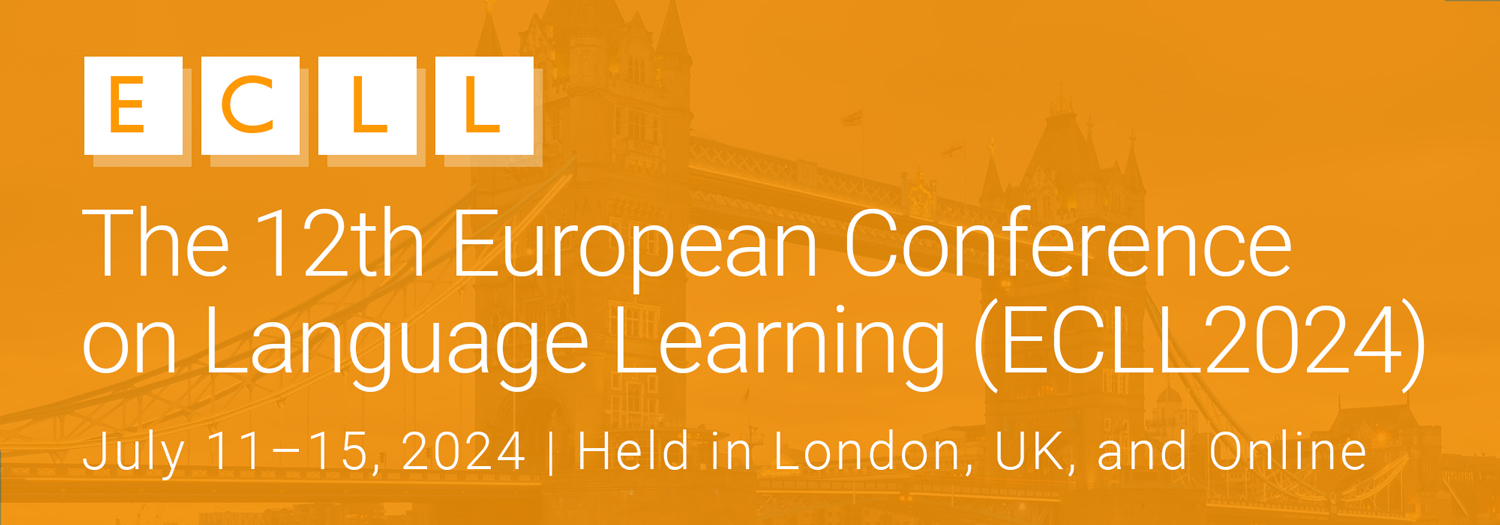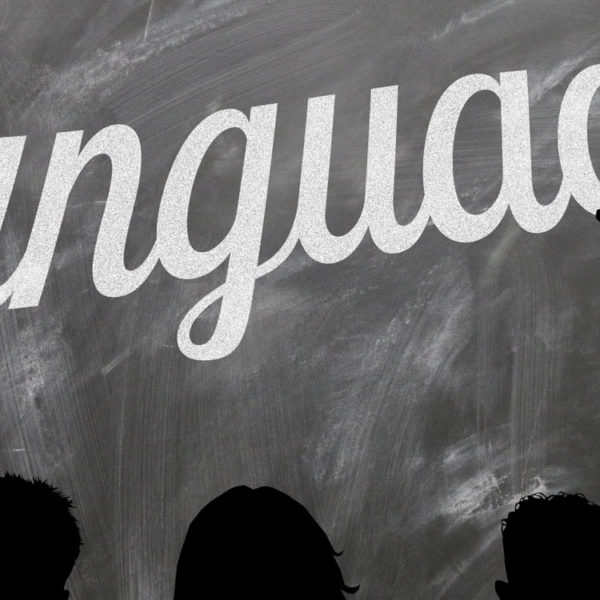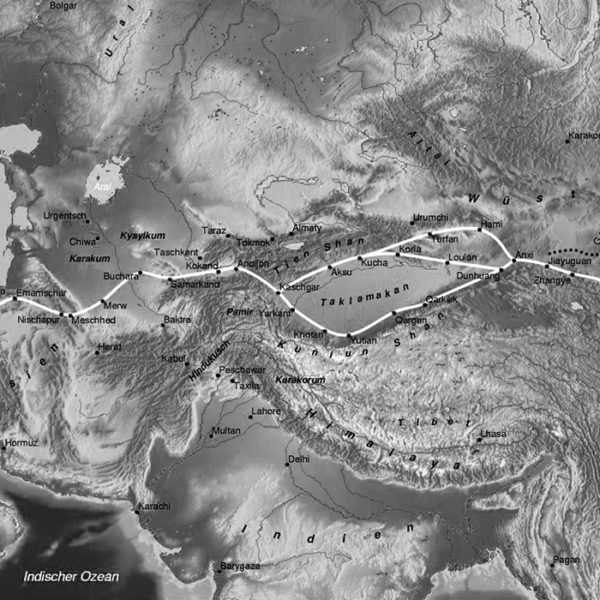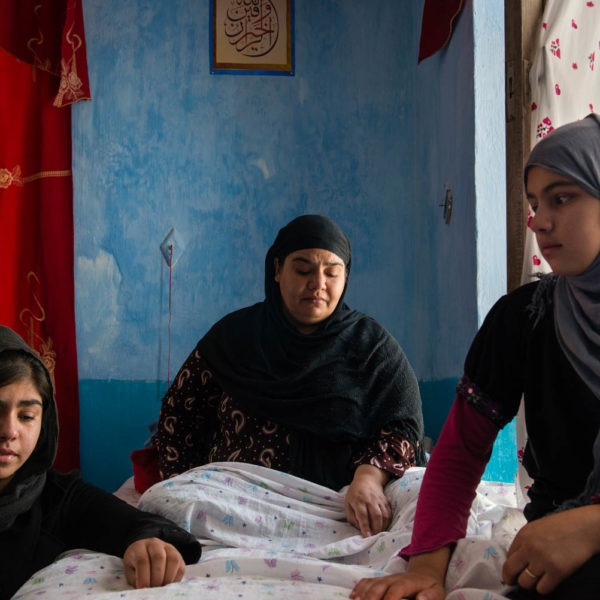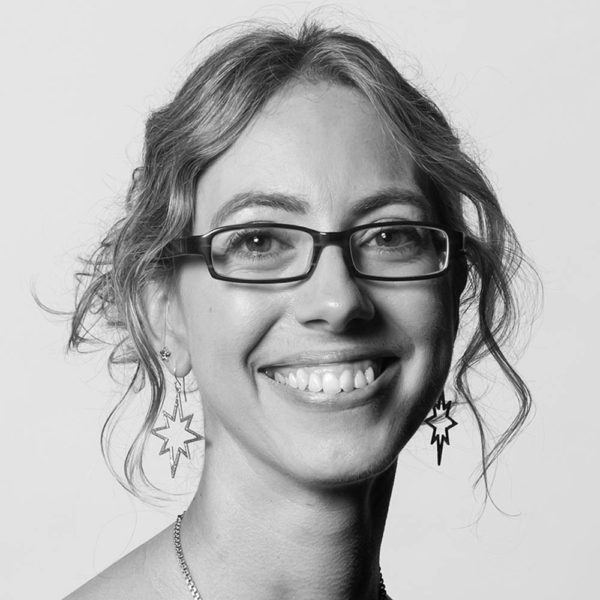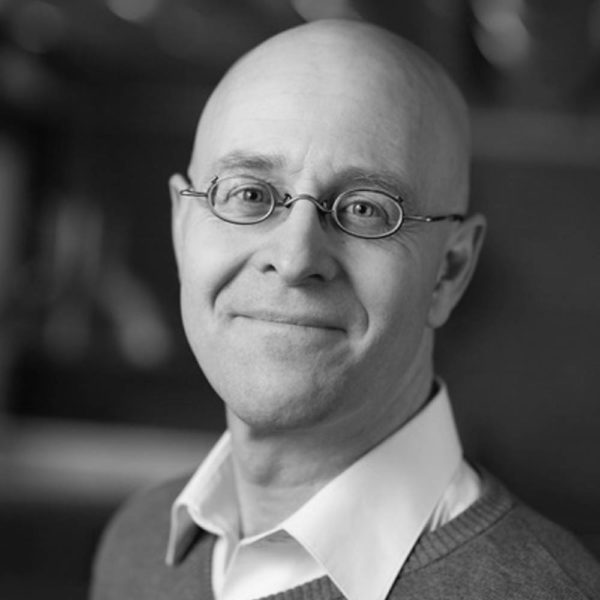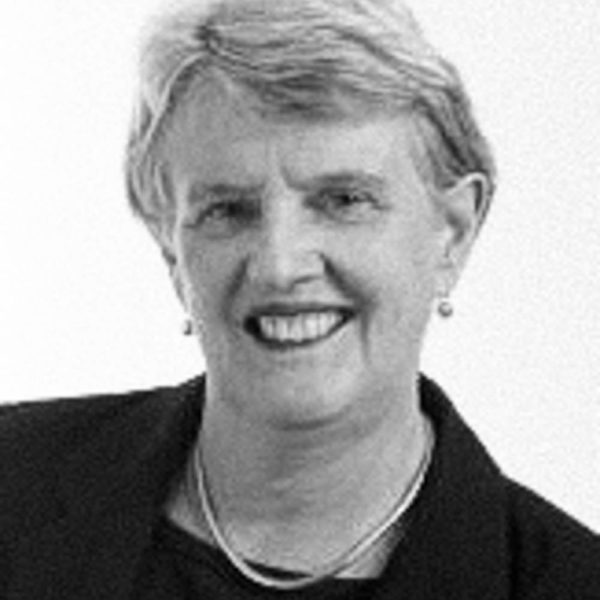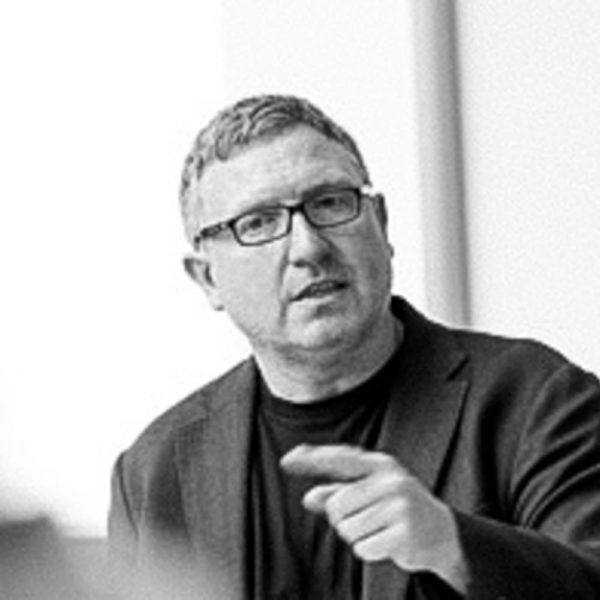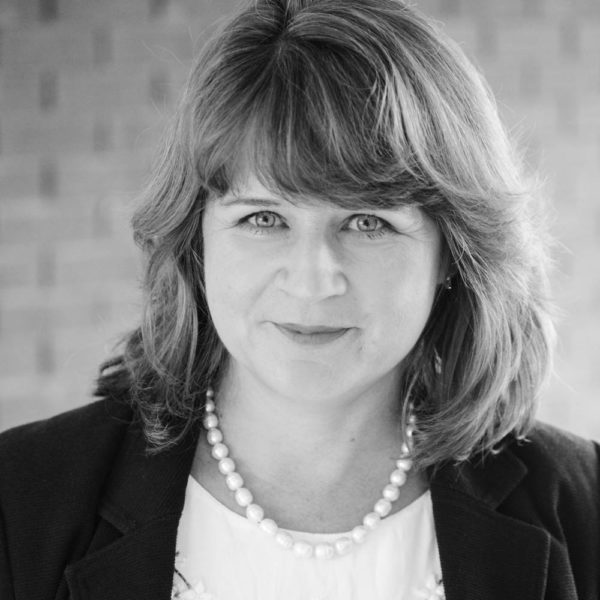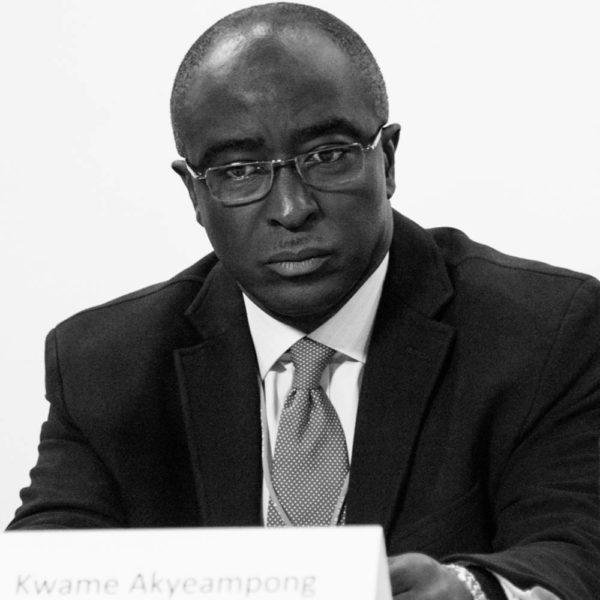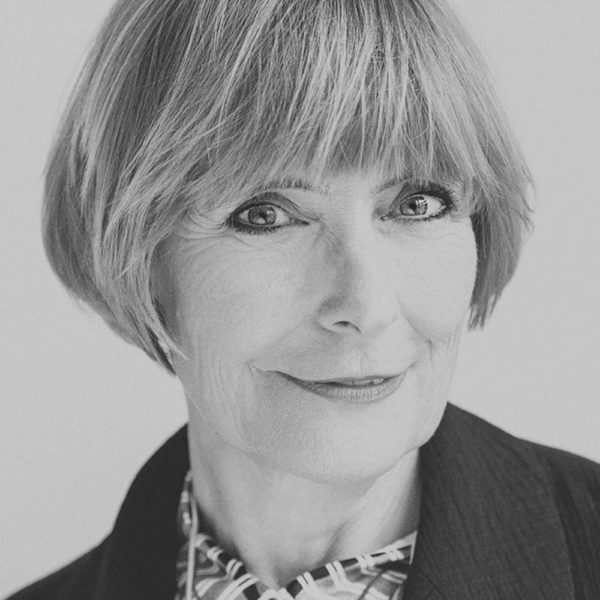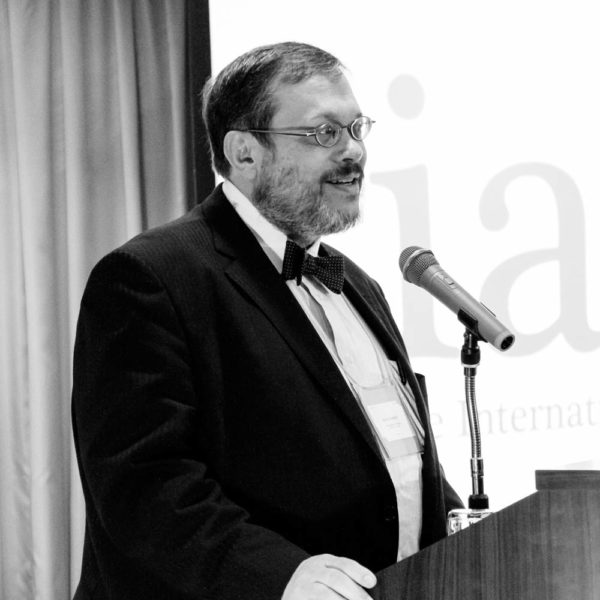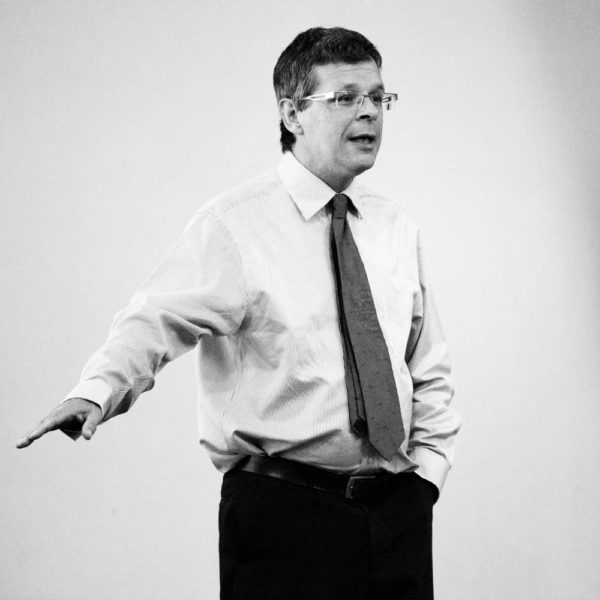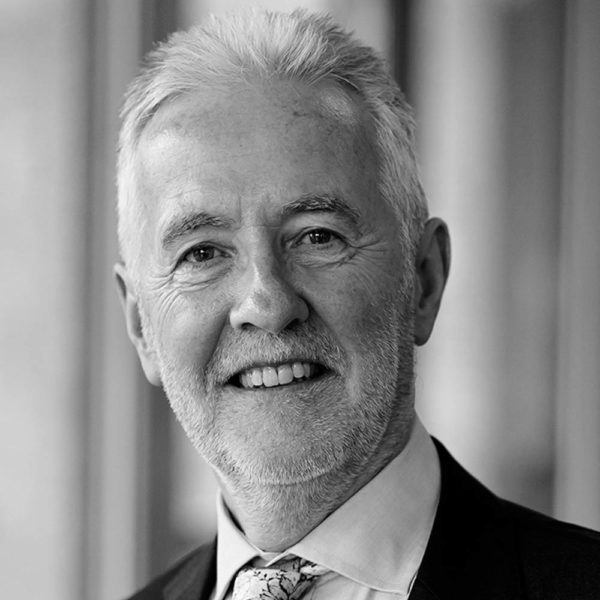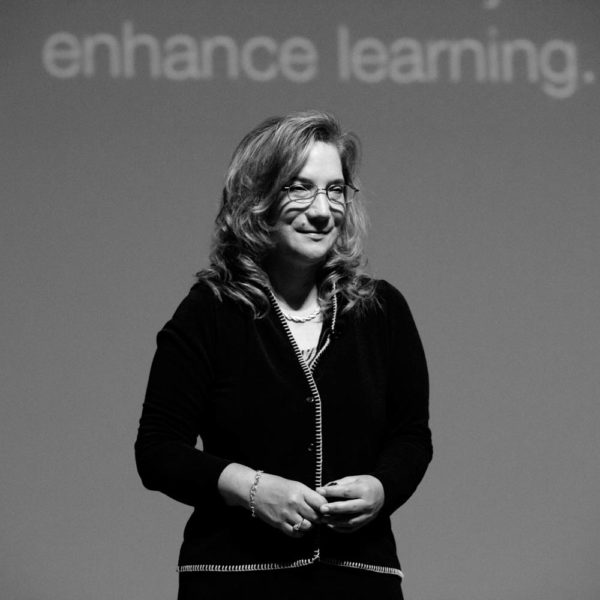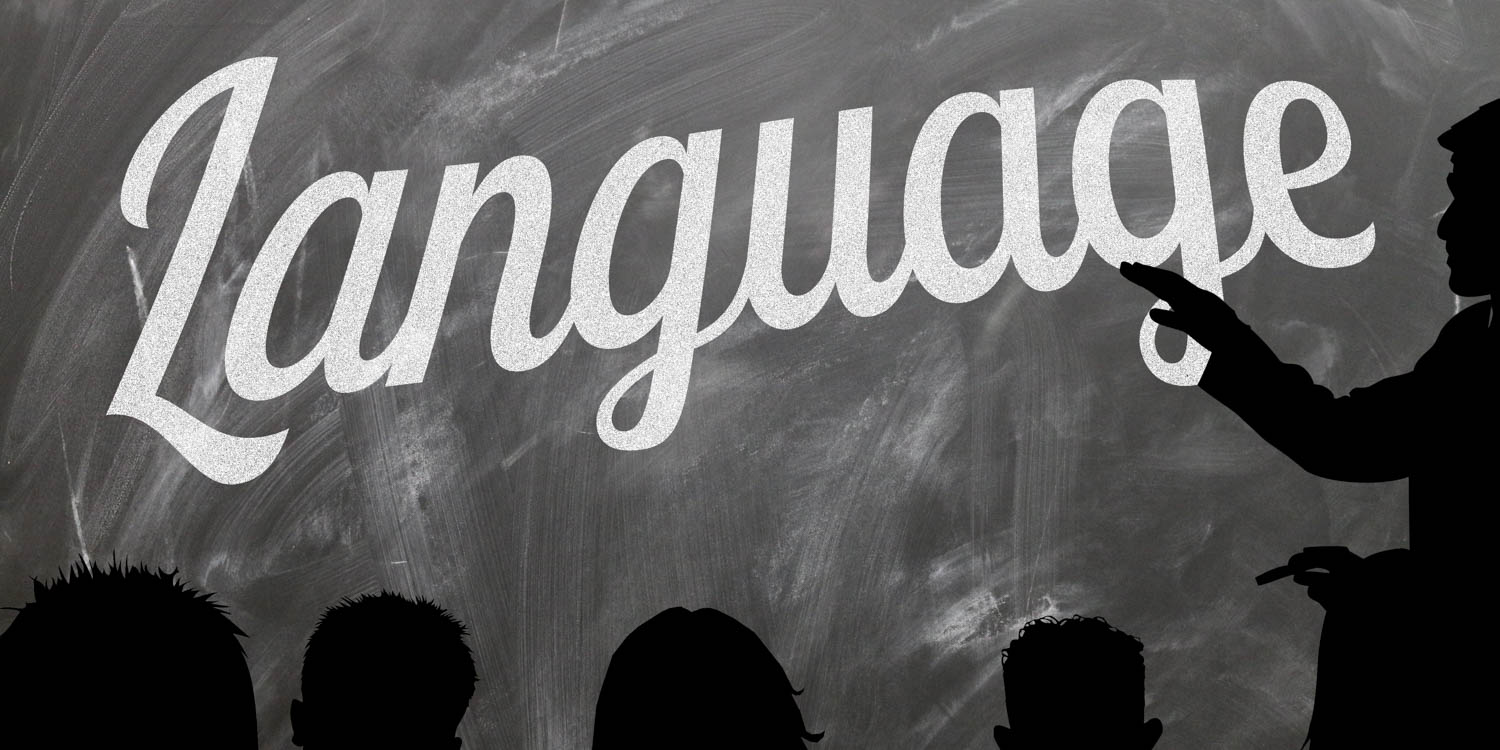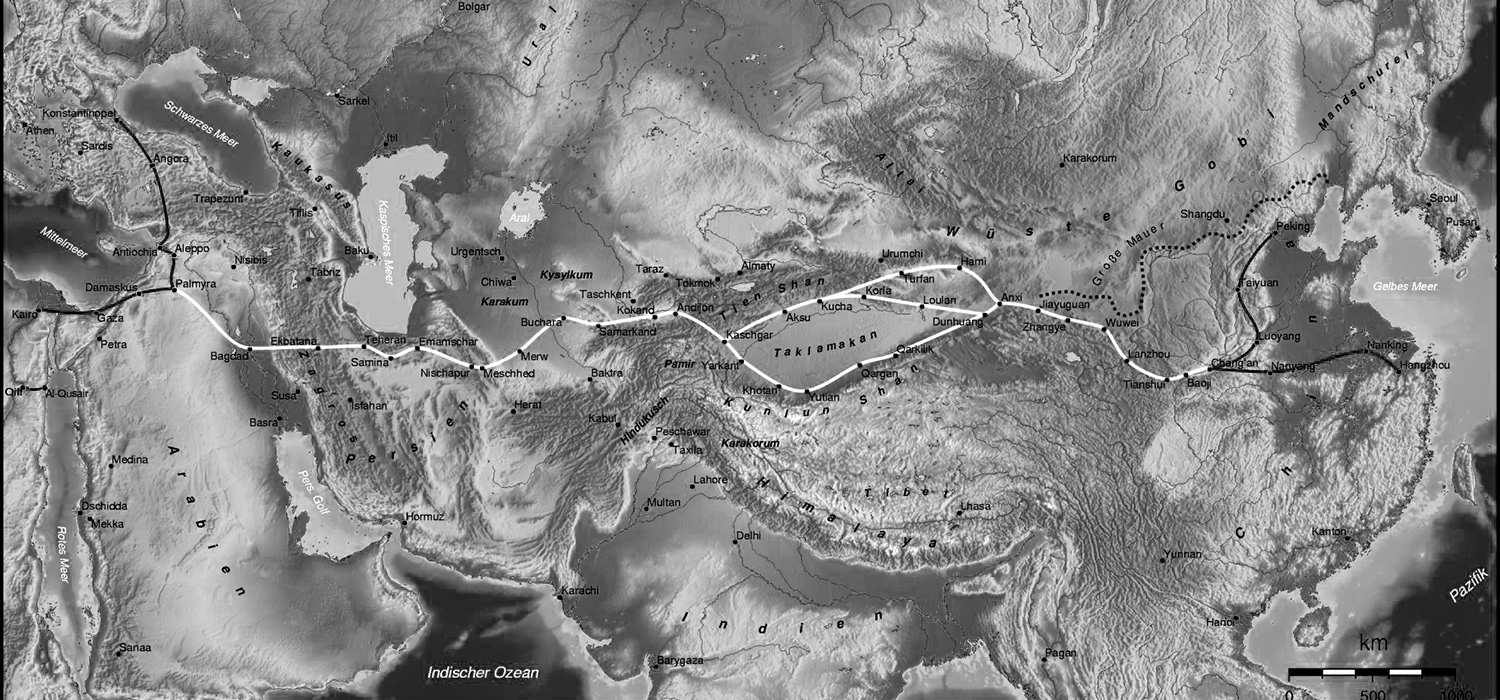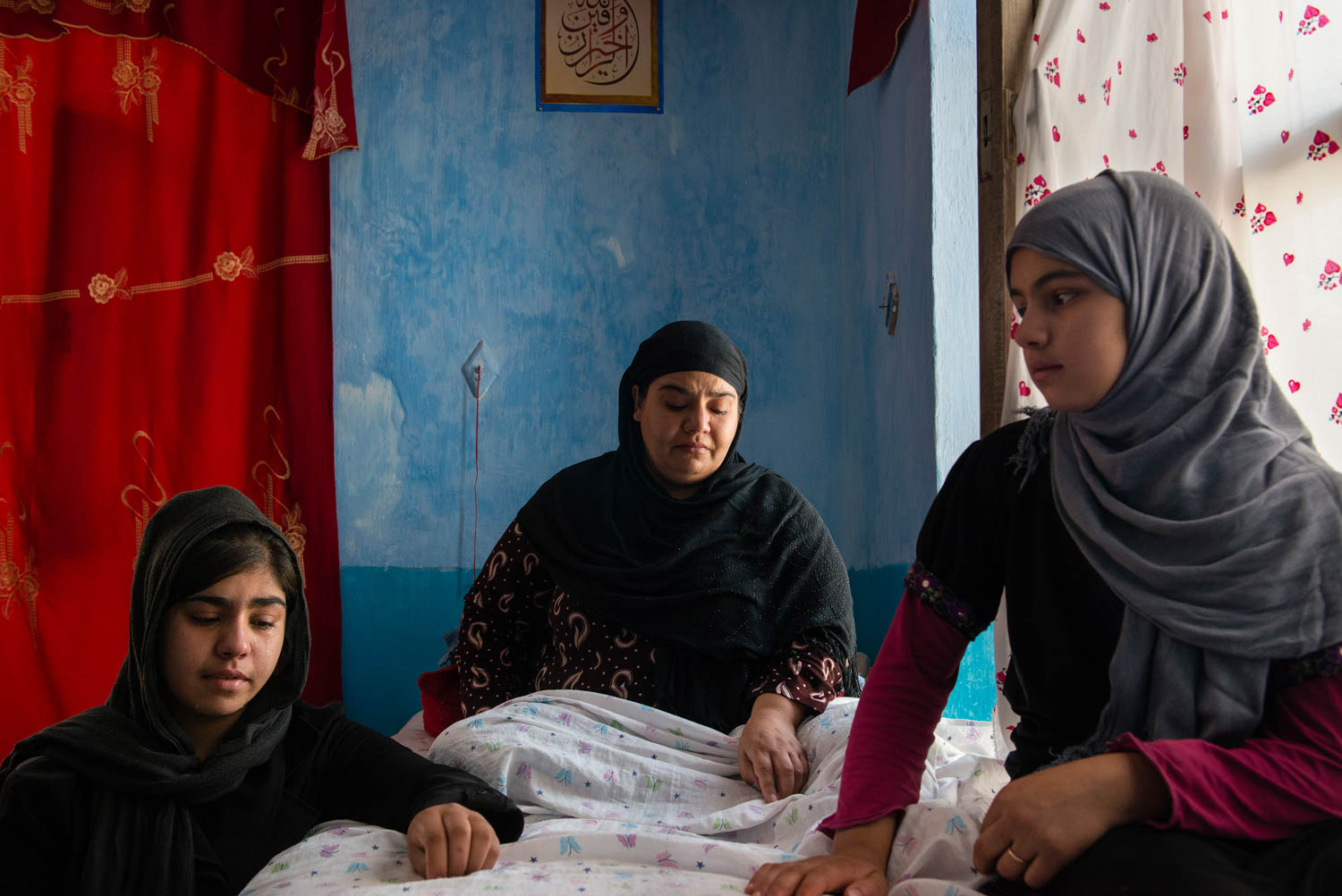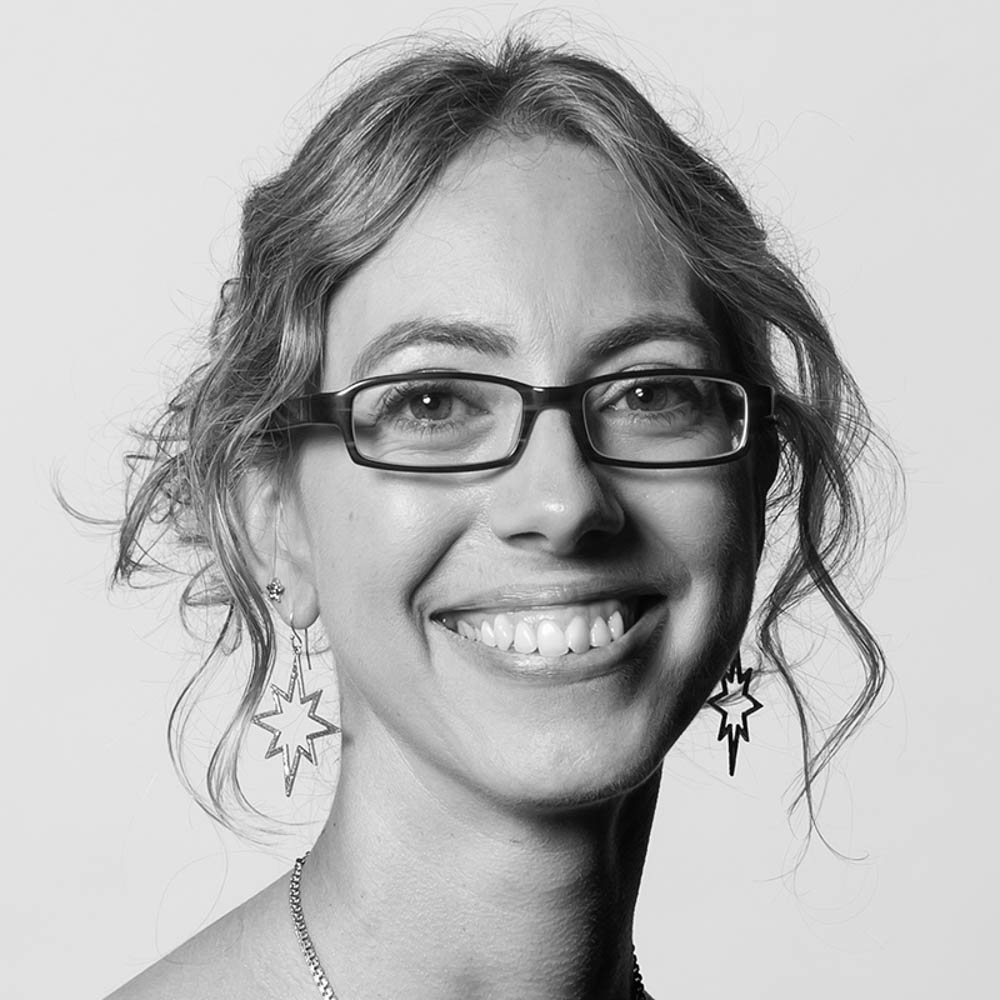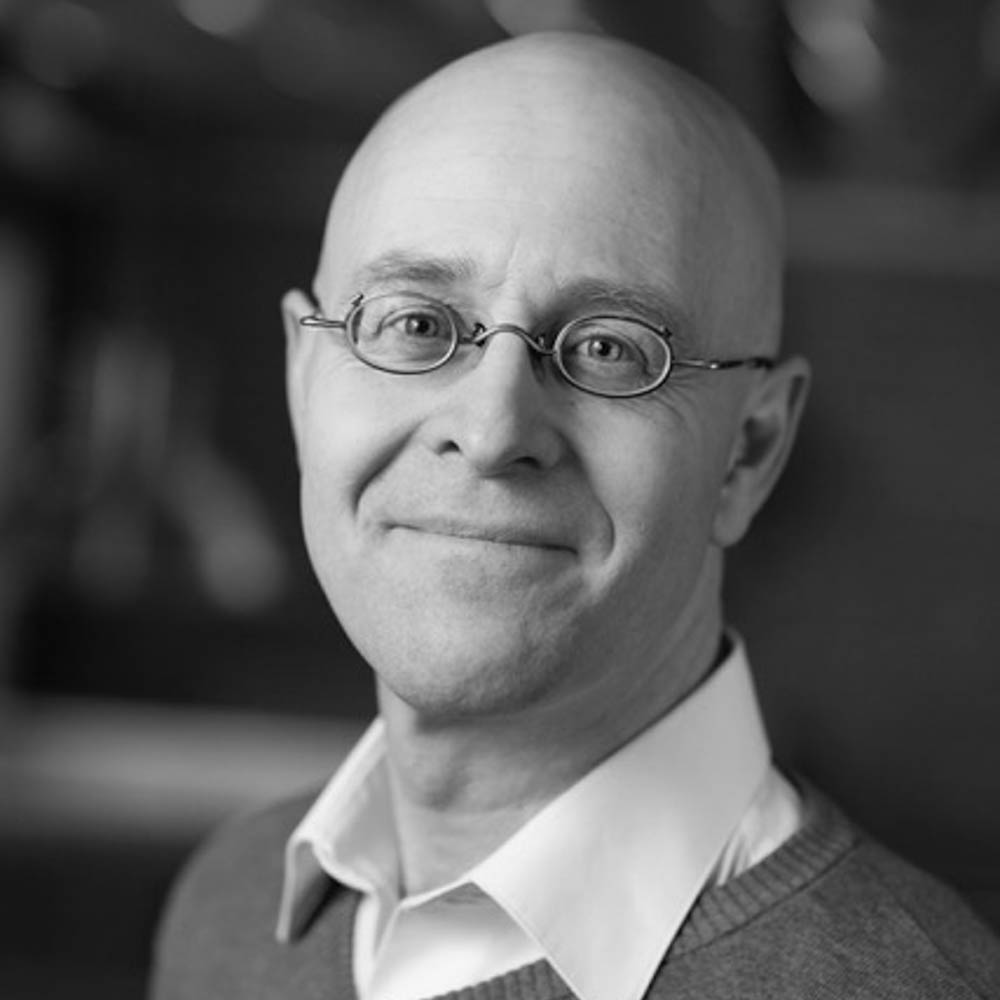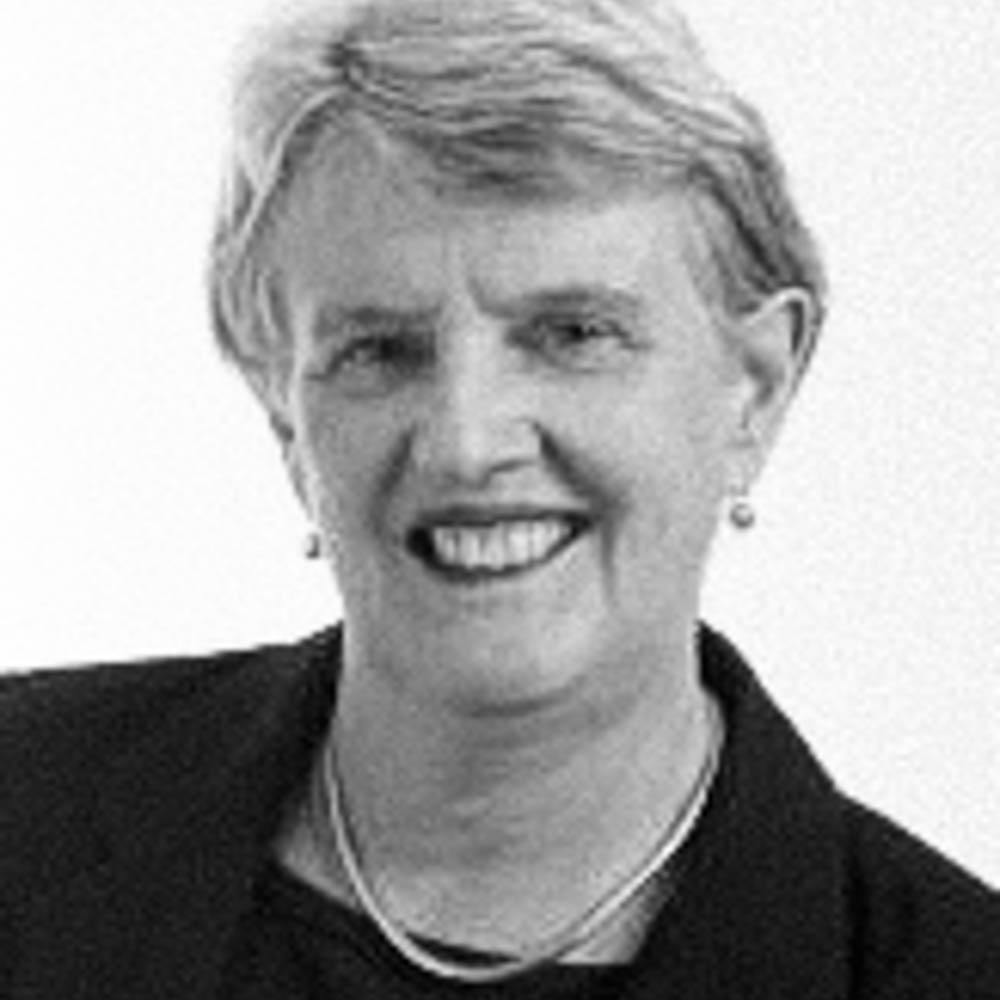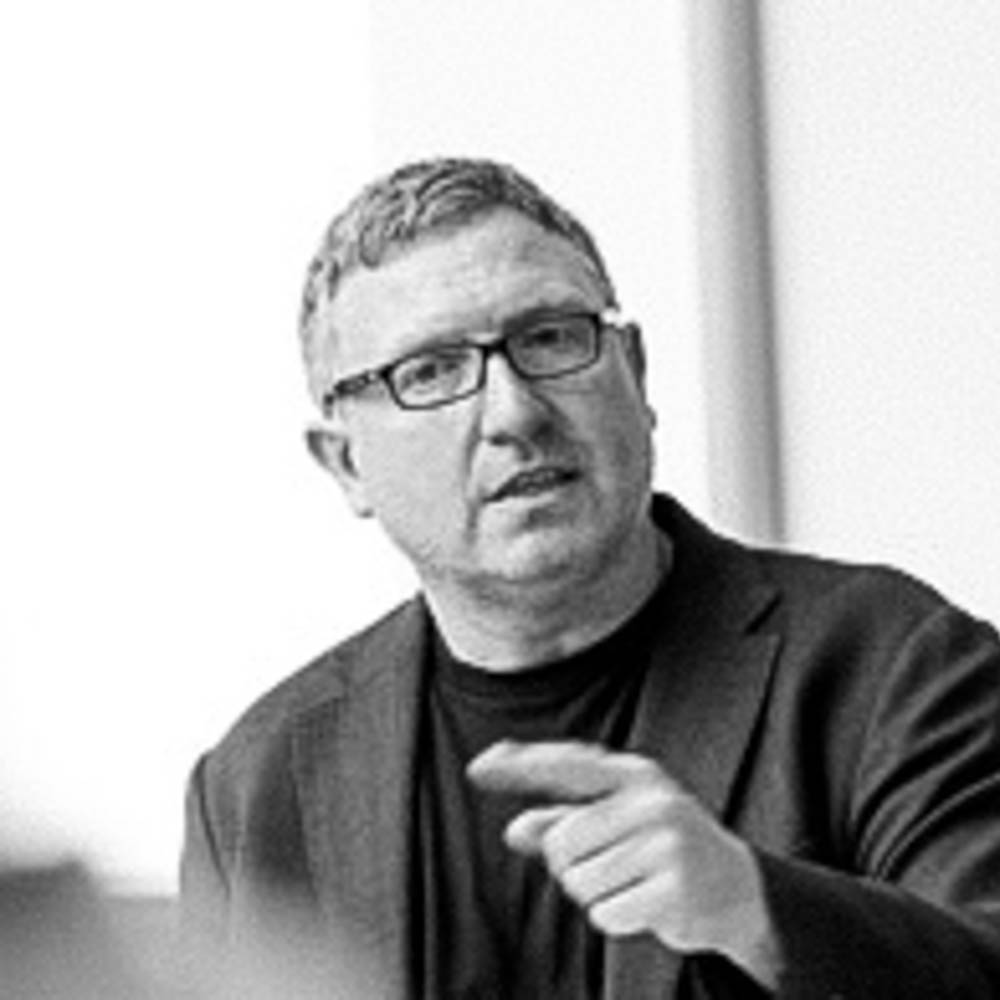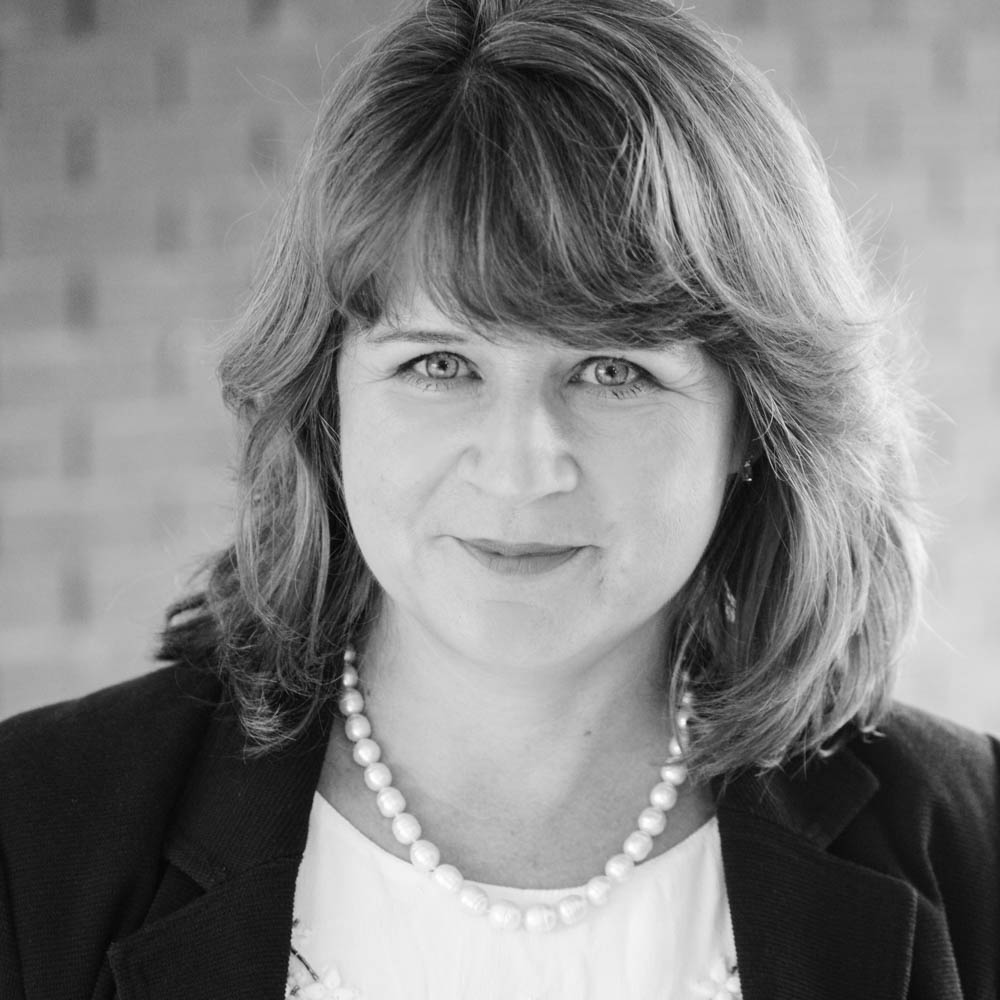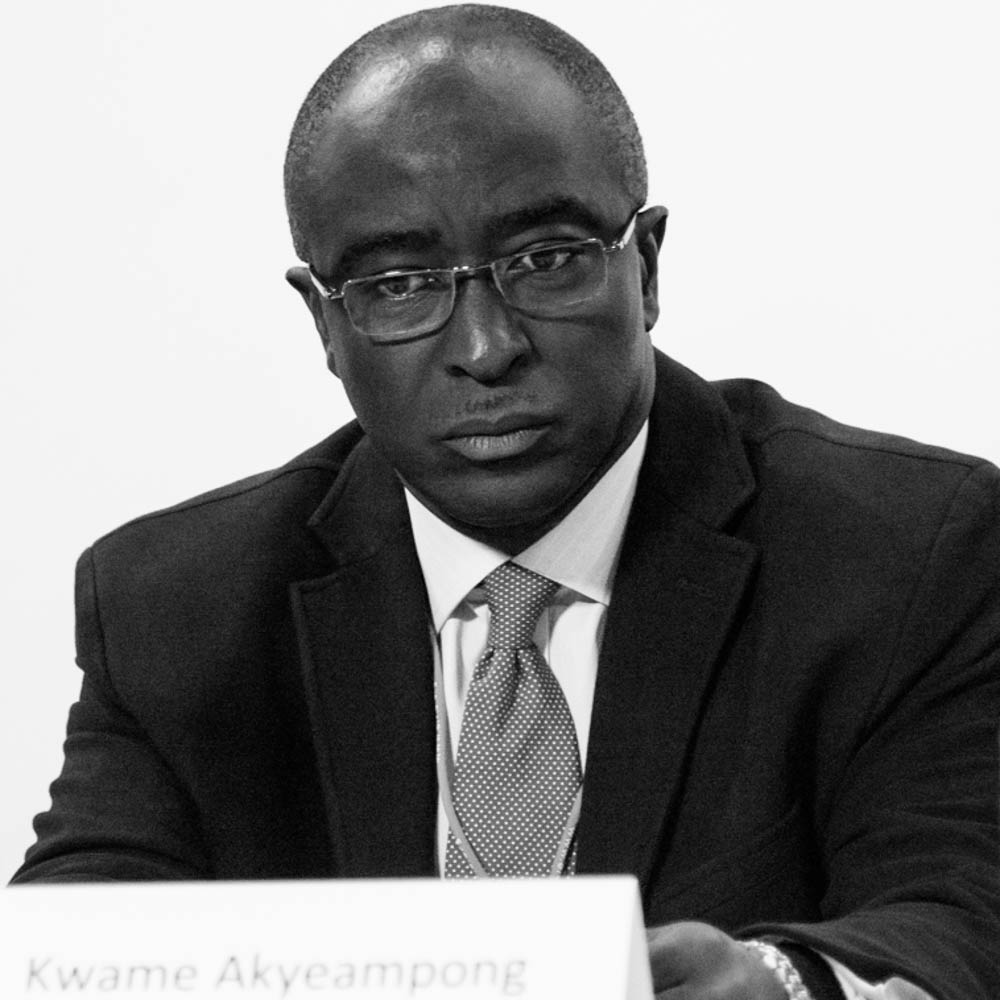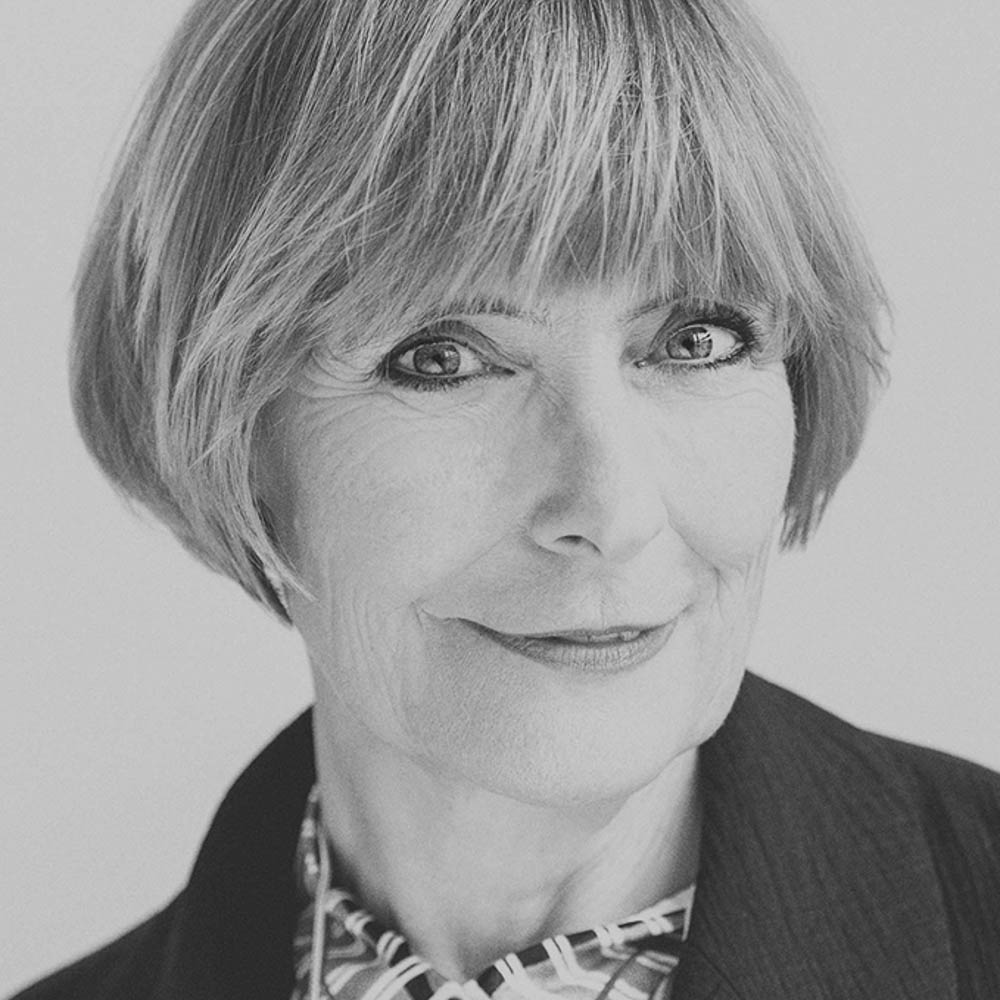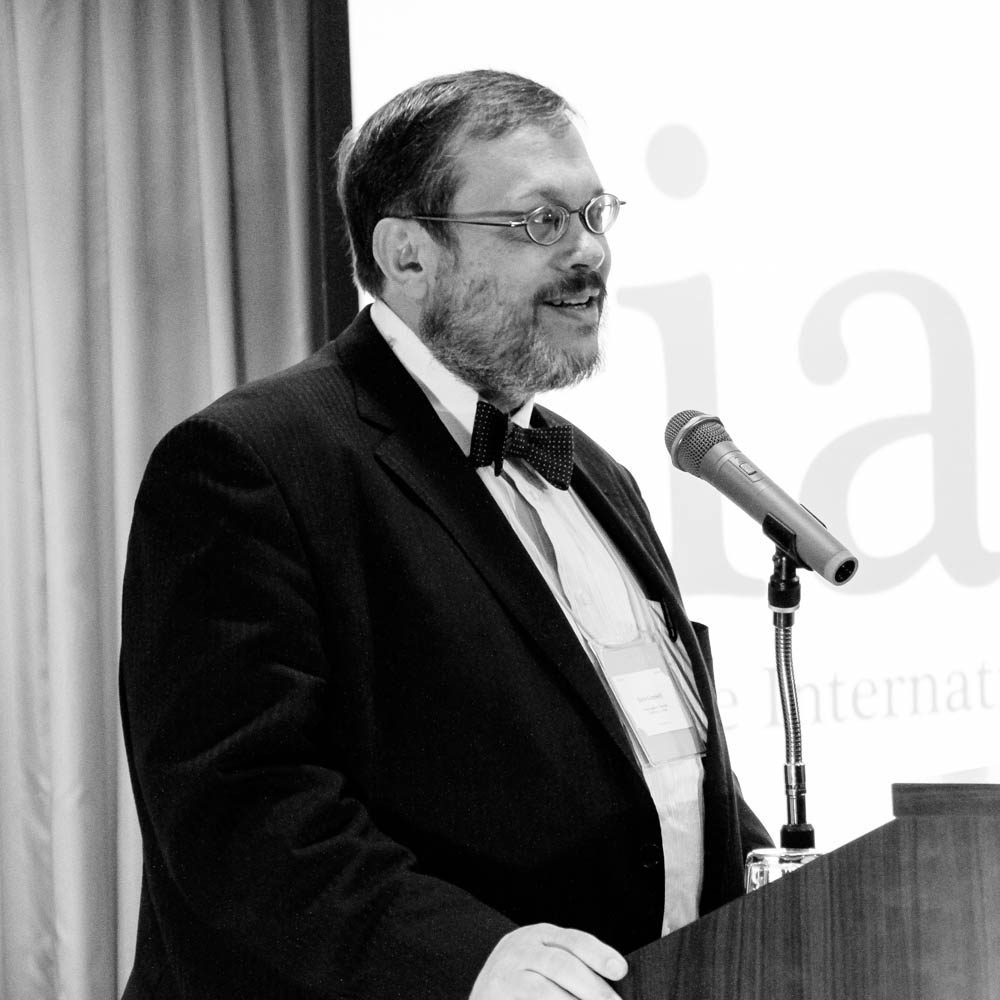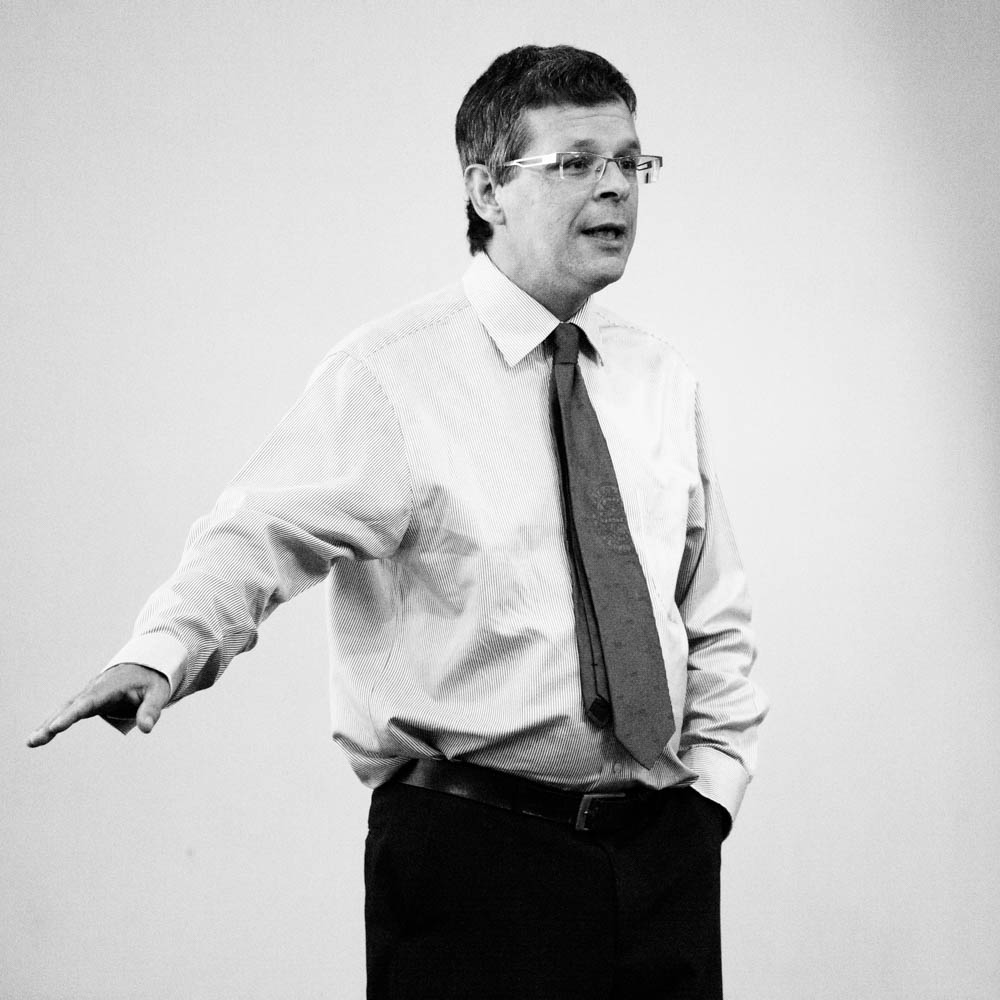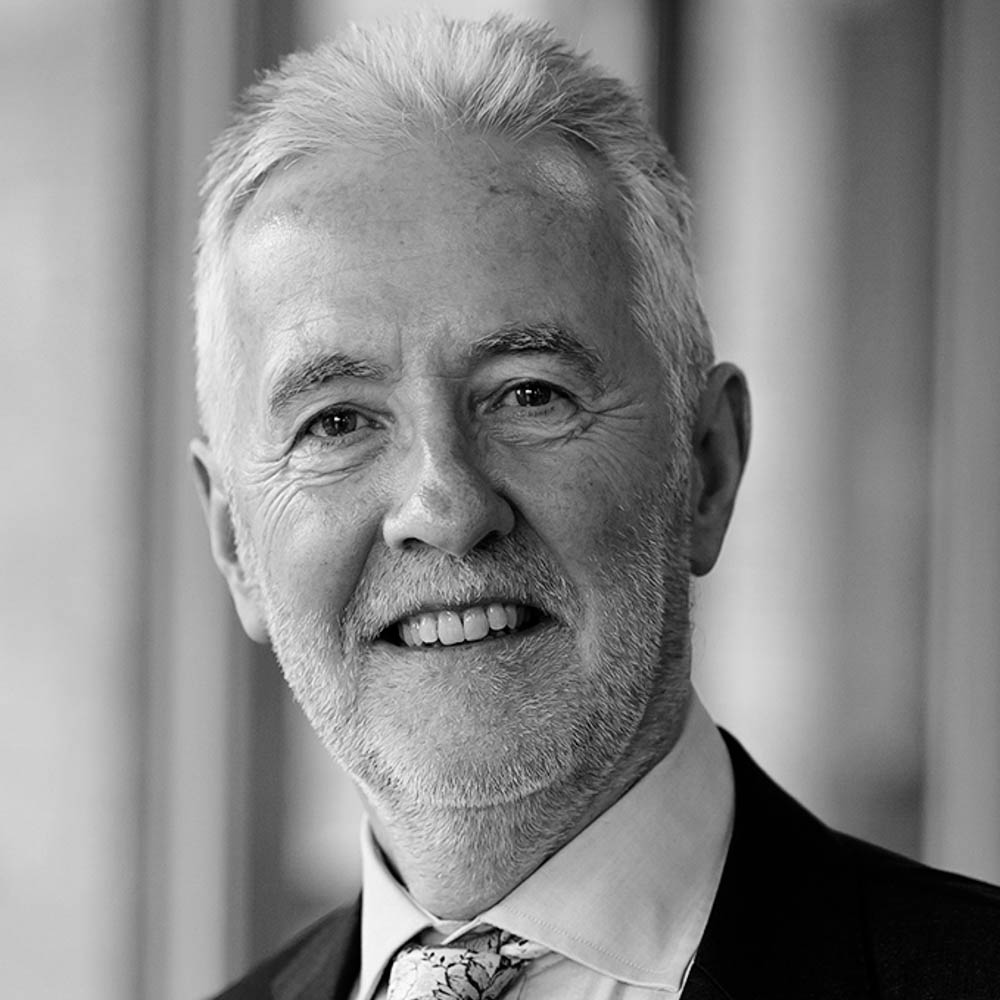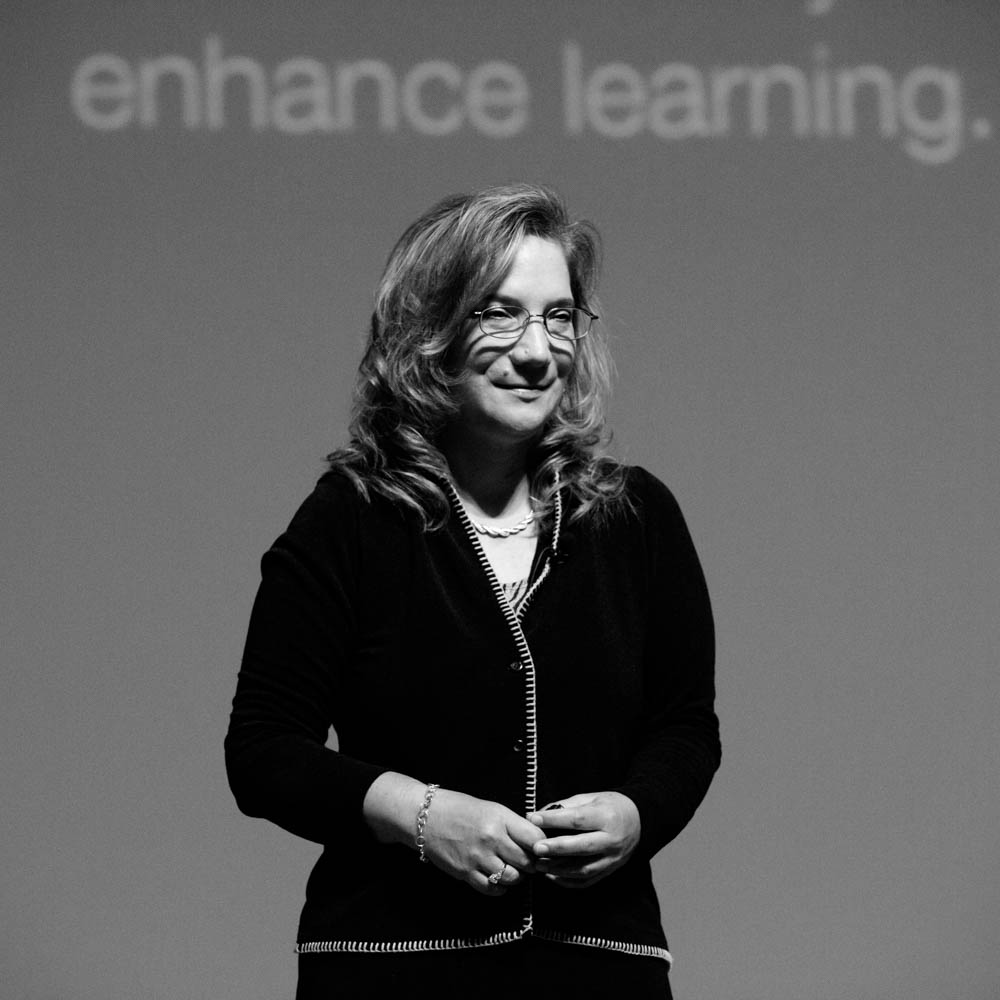“Surviving and Thriving in Times of Change”
June 29 – July 01, 2018 | The Jurys Inn Brighton Waterfront, Brighton, UK
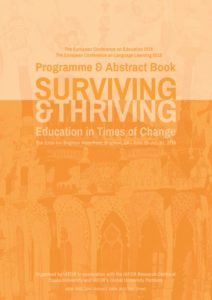
In this period of great global political and economic instability, rising inequality and social unrest, the role of education within society has never been more important, but never more vulnerable. This brings us to our conference theme for 2018, which references these inherent vulnerabilities in both educational systems and the individual students and teachers, as well as the necessary resilience needed to not only survive, but also thrive.
How do we teachers, administrators and policymakers adopt and adapt to change outside our control? How do we nurture and encourage positive change, through the excitement of the imagination, innovation and creativity? How can technologies be better used to help us teach, and to help students learn? How do we sustain and manage change? How can we react positively to negative change? How can we, our institutions and our students survive and thrive in these times of change?
Programme
-
Children Working as Co-researchers and Researchers – Possibilities and ChallengesKeynote Presentation: Annamaria Pinter
-
“It’s interesting, but not for me”: understanding what shapes student subject choice and career aspirations age 10-18Keynote Presentation: Louise Archer
-
Teaching in Times of Change – To Nurture the Essentials for a Thriving EducationKeynote Presentation: Björn Åstrand
-
Teacher Tales: Context-embedded Language Teacher Professional DevelopmentKeynote Presentation: Anne Burns
-
IAFOR Silk Road Initiative Information Session
-
Education, Conflict & Peacebuilding: Transcending Negative Peace, Peace Education & the Global Education AgendaKeynote Presentation: Mario Novelli
-
IAFOR Documentary Photography Award 2017Award Winners Screening
Speakers
Organising Committee
The Conference Programme Committee is composed of distinguished academics who are experts in their fields. Conference Programme Committee members may also be members of IAFOR's International Academic Board. The Organising Committee is responsible for nominating and vetting Keynote and Featured Speakers; developing the conference programme, including special workshops, panels, targeted sessions, and so forth; event outreach and promotion; recommending and attracting future Conference Programme Committee members; working with IAFOR to select PhD students and early career academics for IAFOR-funded grants and scholarships; and overseeing the reviewing of abstracts submitted to the conference.
-
Kwame AkyeampongUniversity of Sussex, UK
-
Anne BoddingtonKingston University, UK
-
Steve Cornwell (1956-2022)The International Academic Forum (IAFOR) & Osaka Jogakuin University, Japan
-
Jean-Marc DewaeleBirkbeck, University of London, UK
-
Brian HudsonUniversity of Sussex, UK
-
Joseph HaldaneThe International Academic Forum (IAFOR), Japan
-
Barbara LockeeVirginia Tech., USA
Review Committee
- Dr Mohammed Nihad Ahmed, University of Mosul, Iraq
- Ms Aliya Aimoldina, Kazakhstan Branch of Lomonosov Moscow State University, Kazakhstan
- Dr Hasan Alwadi, University of Bahrain - Bahrain Teachers College, Bahrain
- Dr Vinita Gaikwad, Kean University (USA) in China, China
- Dr Maria Lemus-Hidalgo, Autonomous University of Aguascalientes, Mexico
- Dr Rasha Osman Abdel Haliem, The Higher Technological Institute & Amideast, Egypt
- Dr Emilie Riguel, Sorbonne Nouvelle University, France
- Dr Satu Tuomainen, University of Eastern Finland, Finland
IAFOR's peer review process, which involves both reciprocal review and the use of Review Committees, is overseen by conference Organising Committee members under the guidance of the Academic Governing Board. Review Committee members are established academics who hold PhDs or other terminal degrees in their fields and who have previous peer review experience.
If you would like to apply to serve on the ECLL2019 Review Committee, please visit our application page.
